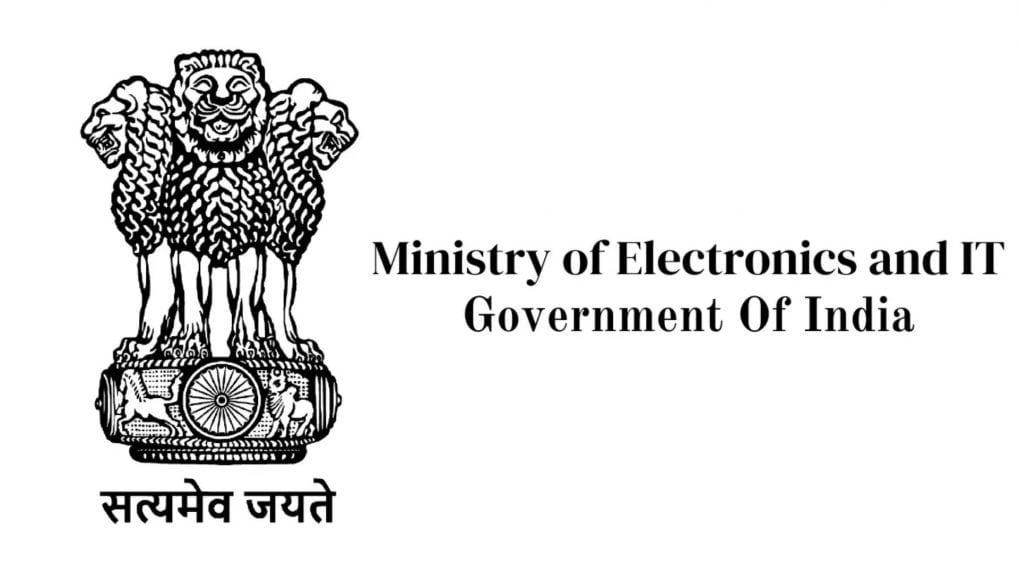How it Works
WPP, Havas, Omnicom: Are advertising’s biggest holdcos recasting agencies as AI Operating Systems?

The Ministry of Electronics and Information Technology (MeitY) has released draft amendments to the Information Technology (Intermediary Guidelines and Digital Media Ethics Code) Rules, 2021, aimed at increasing accountability for AI-generated and synthetically modified content on social media.
The draft Information Technology (Intermediary Guidelines and Digital Media Ethics Code) Amendment Rules, 2025 outline requirements for labelling, metadata tagging, and user verification of AI-generated content, which will come into force later this year once finalized.
Under the proposed amendments, “synthetically generated information” is defined as any content created, modified, or altered using computer resources to appear authentic or true. Social media intermediaries must prominently label such content, embed permanent identifiers or metadata, and ensure that these cannot be altered or removed.
For visuals, at least 10% of the screen area must display the label, while for audio, the first 10% of the duration must include a clear notice.
Significant social media intermediaries (SSMIs)- platforms with over 5 million registered users in India, including Facebook, YouTube, and Snapchat- will also need to verify user declarations on synthetic content using automated or other technical measures. Platforms that knowingly allow unlabelled or falsely declared AI-generated content will be considered to have failed in exercising due diligence under the IT Act.
The draft clarifies that removing or disabling access to synthetic content in response to grievances does not violate existing intermediary liability protections. Platforms that enable creation or modification of synthetic content are required to adopt measures to ensure accurate labelling and verification.
According to MeitY, the rules are part of a broader push to maintain an “open, safe, trusted, and accountable Internet”, addressing risks from misinformation, impersonation, and election manipulation driven by generative AI.
Stakeholders are invited to provide feedback on the draft rules by November 6, 2025, via email at itrules.consultation@meity.gov.in.
The original IT rules were first published in February 2021 and have since been amended in October 2022 and April 2023. The 2025 draft expands the regulatory framework to cover the growing use of AI and synthetic content on online platforms.
From purpose-driven work and narrative-rich brand films to AI-enabled ideas and creator-led collaborations, the awards reflect the full spectrum of modern creativity.
Read MorePraveen Someshwar, Managing Director and CEO of Diageo India, joins the Grand Jury of the Storyboard18 Awards for Creativity, highlighting the awards’ focus on work that blends cultural relevance with strategic and commercial impact.